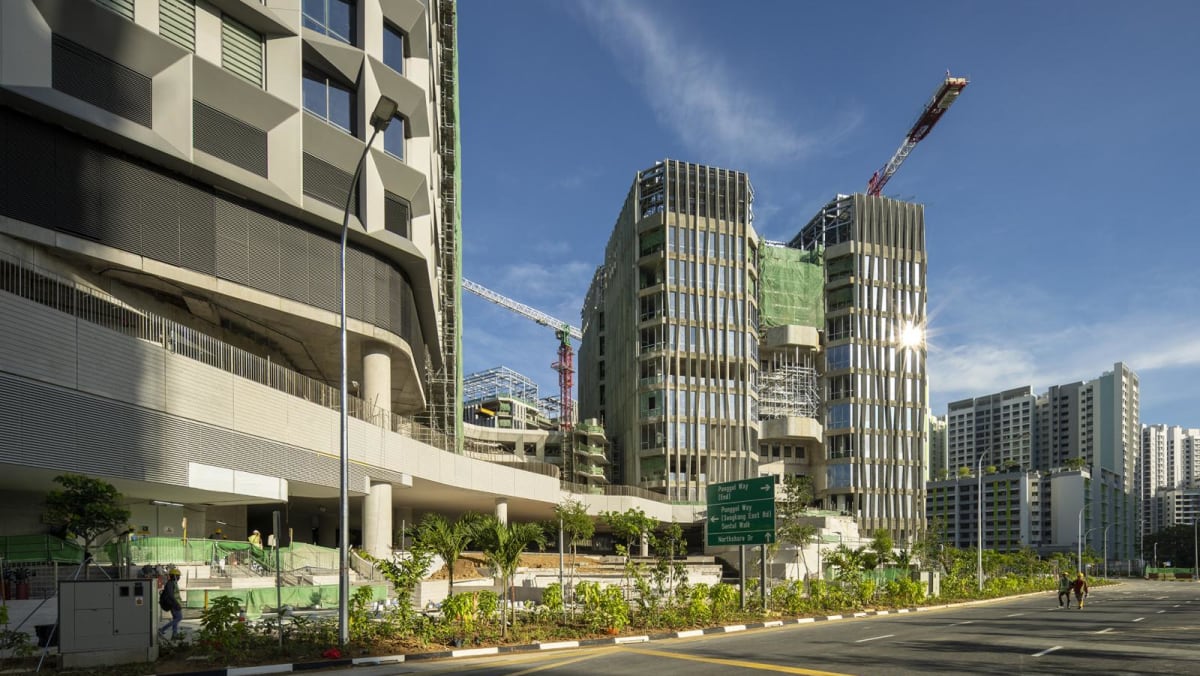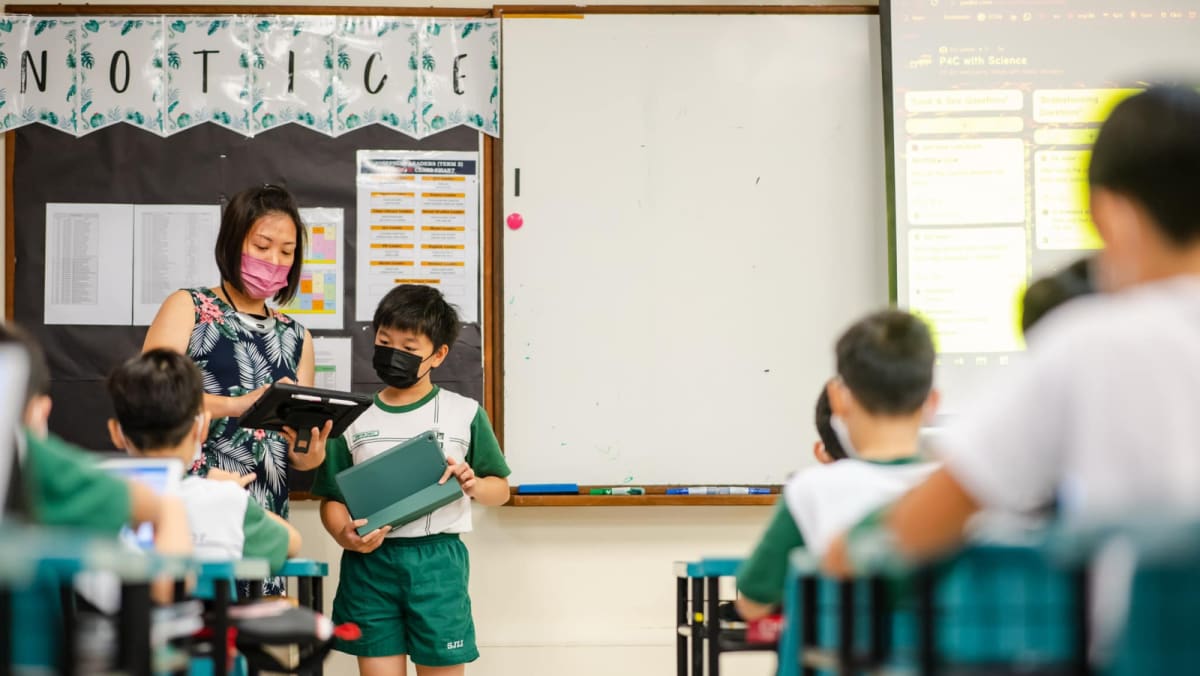SINGAPORE — Defamatory allegations made by Mr Lee Hsien Yang against Law and Home Affairs Minister K Shanmugam and Foreign Affairs Minister Vivian Balakrishnan over the rental of Ridout Road bungalows “are of the gravest kind”, said lawyers for the two ministers.
They were making their opening statement on Thursday (May 5) in an ongoing suit by the two ministers against Mr Lee. The High Court hearing was to determine the level of damages to be awarded to Mr Shanmugam and Dr Balakrishnan.
In November last year, the court issued a “default judgement” in favour of the ministers in their defamation lawsuit against Mr Lee after Mr Lee failed to participate in the proceedings.
The level of damages sought by the ministers was not specified in the opening statement submitted by their team of lawyers led by Senior Counsel Davinder Singh.
Mr Singh told reporters outside court after the hearing that they are leaving it to the court to determine the damages amount.
Justice Goh Yihan on Thursday asked the lawyers to make further written submissions to the court for their closing statement to clarify some questions he had about their opening statement.
The suit arose from Mr Lee’s online comments on July 23, 2023 about the rental of separate bungalows by each of the ministers in Ridout Road.
He had written on Facebook that the “two ministers have leased state-owned mansions from the agency that one of them controls, felling trees and getting state-sponsored renovations”.
Mr Lee wrote the post after the Corrupt Practices Investigation Bureau (CPIB) stated a month earlier that there had been no evidence of wrongdoing or preferential treatment given to the two ministers.
Mr Lee did not comply with requests made by the ministers through their lawyers to apologise, withdraw his allegations and pay damages that they would donate to charity.
In November, Justice Goh Yihan ruled in favour of the two ministers, ordering Mr Lee to pay the costs for both ministers.
Both Mr Shanmugam and Dr Balakrishnan attended the hearing on Thursday, which lasted for around 20 minutes.
Both ministers took to the stand briefly to affirm changes they had made in their affidavits, which were not read out in court.
Neither Mr Lee nor any legal representative for him was in attendance.
When asked by the court, Mr Singh confirmed that Mr Lee had been informed on a few occasions of the dates and timings of the hearing on Thursday.
ALLEGATIONS OF ‘THE GRAVEST KIND’
In the written opening statement, the claimants’ lawyers set out several factors for the courts to consider in determining the extent of the damages to be awarded to Mr Shanmugam and Dr Balakrishnan:
- The nature and gravity of the defamation
- The standing of the claimants and the defendant
- The mode and extent of publication
- The natural indignation of the court at defamatory statements
- The conduct of defendant
- Malice
“The more closely the defamatory statement touches on the claimant’s personal integrity, professional reputation, honour and core attributes of his personality, the more serious it is likely to be,” argued the lawyers.
In this case, Mr Lee’s post were understood to mean that the ministers had acted corruptly and for personal gain by having the Singapore Land Authority give them preferential treatment in relation to the Ridout Road properties.
“The defendant’s defamatory allegations against the claimants are of the gravest kind,” they said.
The greater the standing of the defendant who made the defamatory claim and of the claimant subjected to the defamation, the higher the damages awarded ought to be, argued the lawyers.
They cited court decisions in other high profile defamation cases, including those between founding prime minister Lee Kuan Yew against opposition figure Jeyaretnam Joshua Benjamin.
“The claimants are public leaders and persons of the highest integrity whose standings are beyond question,” said the lawyers.
Mr Lee Hsien Yang, the brother of Prime Minister Lee Hsien Loong, is a well-known figure in Singapore who is active on social media with a large following online.
LEE ‘DOUBLED DOWN’ ON ALLEGATION
Turning to the mode and extent of publication, the lawyers said Mr Lee’s Facebook post was widely read and shared, among other things.
They also said that Mr Lee published the post “in the midst of widespread public discussion and media coverage” of the Ridout Road saga.
Mr Lee had also, in subsequent online posts, “continued to refer to, draw attention to and/or invite readers in Singapore to read” the offending post, they said.
Even when he posted a correction notice ordered under the Protection from Online Falsehoods and Manipulation Act (Pofma) on July 25, 2023, Mr Lee did not post anywhere to say that he accepted the offending words were false, the lawyers argued.
“Instead, he doubled down in a ‘comment’ posted on his Facebook post of July 25, 2023 and said that the Pofma notice he had received was ‘misleading’ and that ‘I stand by what I said’.”
The lawyers added that even after removing the offending words in November that year upon the court’s orders, there continued to be substantial republication of the offending words accessible to the public on various blogs, websites or the media.
WAGED ‘PUBLIC CAMPAIGN TO GAIN SYMPATHY’
The lawyers wrote that the natural indignation of the court at the injury caused to a claimant is a factor to be taken into account when determining the amount of damages to be awarded.
This is assessed by considering if a fair-minded person would be horrified at the defamatory statements and react with a great deal of indignation against the injury inflicted.
“On any view, allegations of corruption and/or acting for personal gain against a Cabinet minister of Singapore would cause any fair-minded person to be outraged,” said the lawyers.
Turning to Mr Lee’s conduct, they said Mr Shanmugam and Dr Balakrishnan had offered him an opportunity to apologise and remove the offending post and treat the matter as resolved, to which Mr Lee did not comply.
“The defendant proceeded to wage a public campaign to gain sympathy and support from Singaporeans against the claimants by publicly and falsely accusing them of making false claims and of demanding false apologies and that the defendant lie,” said the lawyers.
Subsequently, instead of coming to court to defend himself and address the claimants’ claims, Mr Lee chose to instead “take to social media with the effect of drawing attention to the offending words in the post”.
In a defamation case, malice can be inferred from a few factors.
These include whether it is abundantly clear that the statement made is untrue or when it was made “recklessly” without considering whether it is true or not, the defendant’s conduct, and the persistence in his refusal to apologise even after discovering the statement made is false.
In this case, Mr Lee had made the statement in question after CPIB released the findings of their investigation, and he did so without attempting to “ascertain the truth” of his offending words.
They added that in his numerous subsequent posts on Facebook, Mr Lee “never once said that the offending words (on the claimants’ pleaded meaning) are true”.
“That is very telling,” they argued, adding that Mr Lee had never come to court to claim that the words are true, either.
“The inference is compelling that he knew and knows that the offending words are false.”
Justice Goh on Thursday reserved judgement and will issue his decision at a later date.
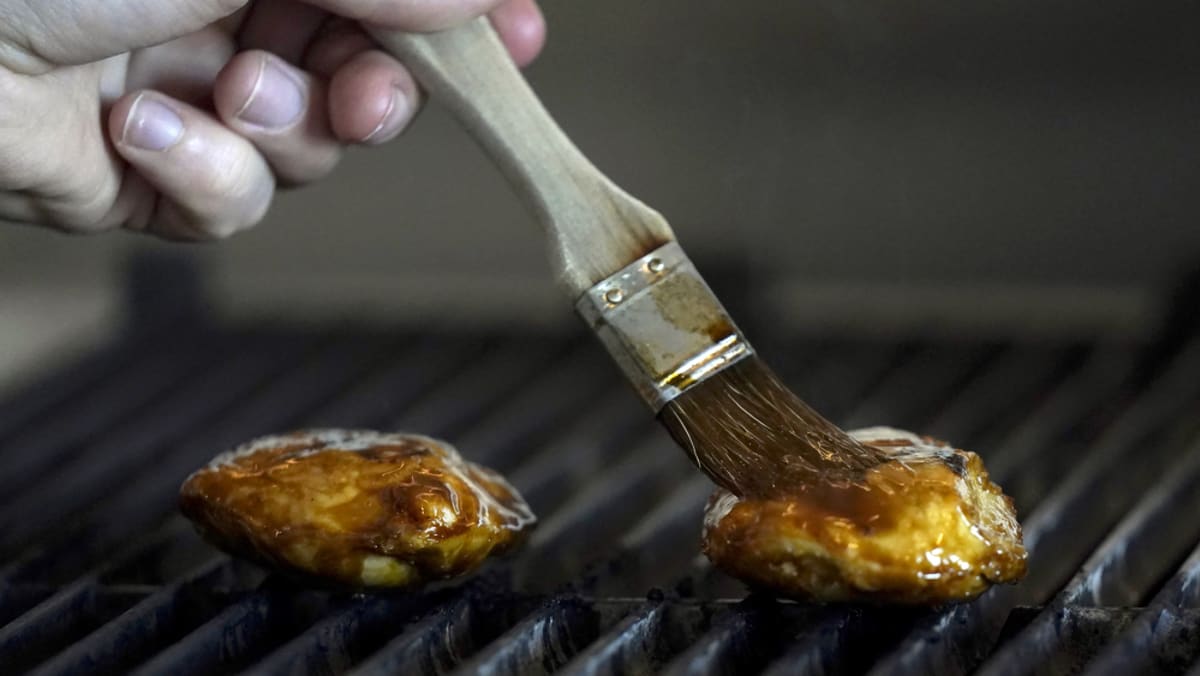
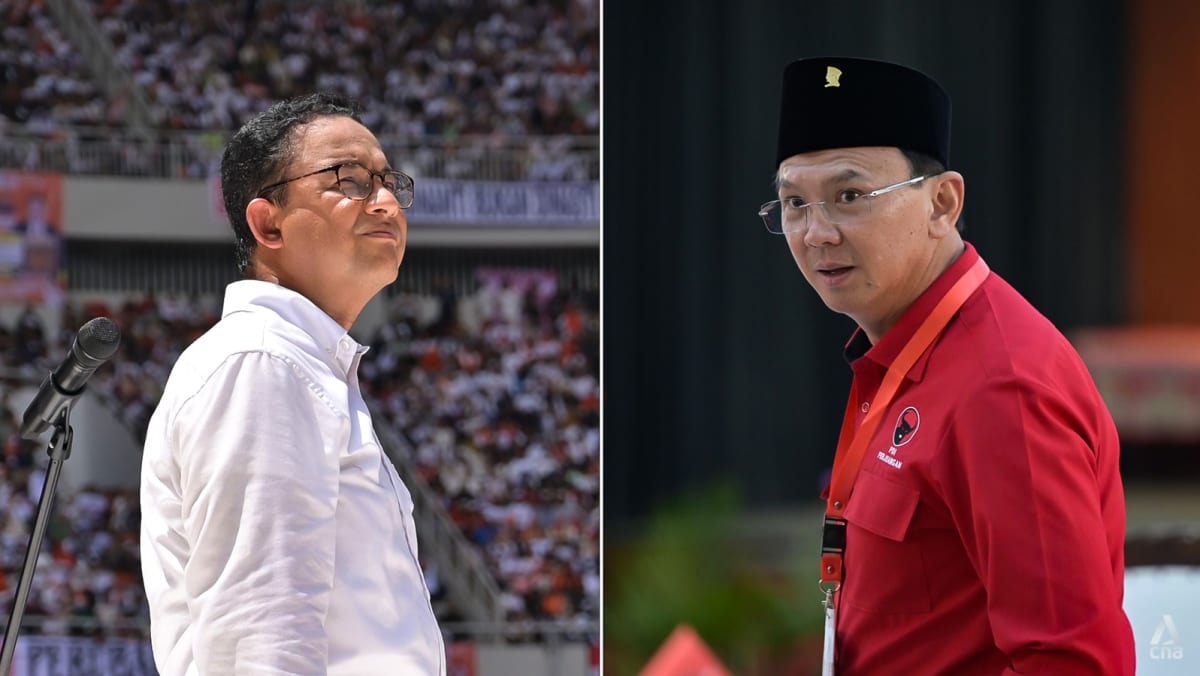



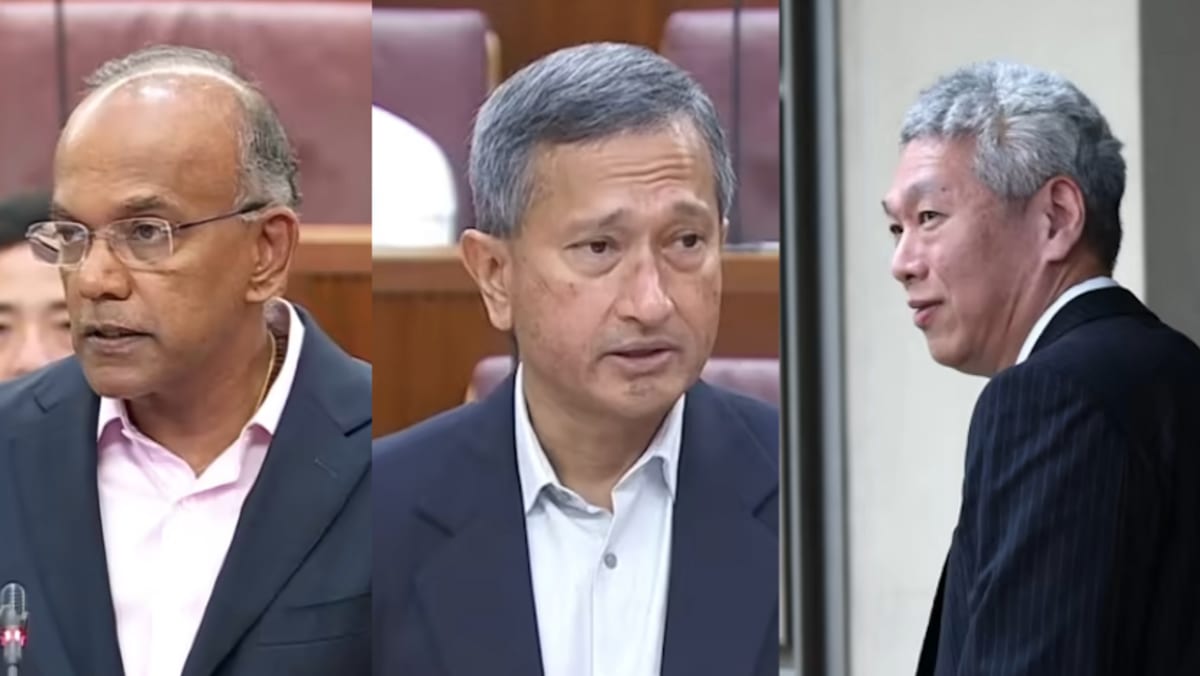

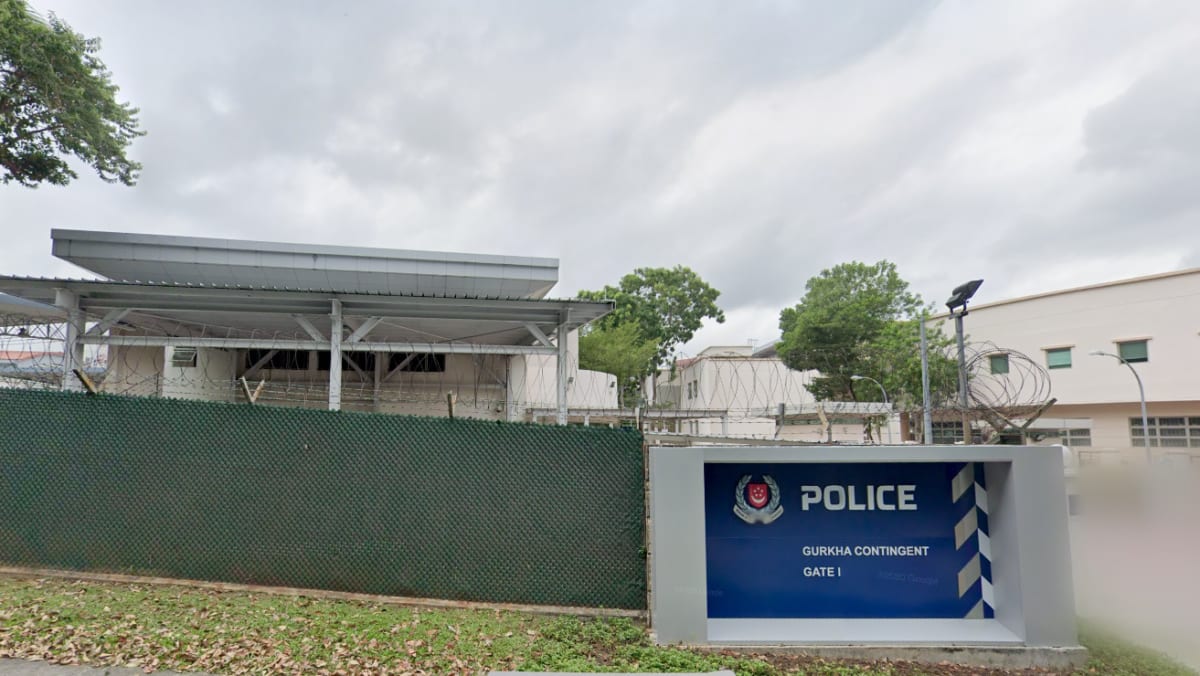

.jpg?itok=M_iGs5MM)
